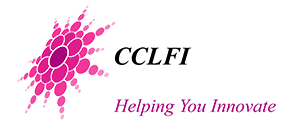The subject matter of the course Technology Management 298 (Special Topics in Technology Management) varies from semester to semester, and from professor to professor. It is a course normally taken near the end of a graduate program.
In this semester, a subject matter is Knowledge Management, which intersects with the field of Technology Management.
Knowledge management (KM) is a framework for tracking and managing human and organizational assets such as patents and trademarks, business processes and core competencies, skills and practices of people, team and organizational culture, internal and external networks, and databases — the intellectual capital of knowledge-based companies. Many practices and tools in KM are not new; only the perspective is new. KM started in the 1990s in Europe and the United States. KM in the Philippines started in 2000s.
This course introduces the basic concepts and practices of KM. It consists of a variety of learning approaches — readings and lectures, polls, writeshops, online discussions, and most importantly KM practicum to apply KM tools and solutions to actual workplace situations. Workplace KM practicum is an example of learning by doing.
Self study and group learning will be relied upon. It is assumed that you possess much knowledge and experience that can be related to the course work and when everyone brings these out then the class can be an opportunity for mutual learning processes. At the end of the semester, members of the class learn from the results of each other's KM practicums.
Because students apply KM in their workplaces, a course policy is respect of confidentiality requirements of the organizations students belong to. At the end of the semester, practicum reports and presentations are not shared with other students. They only get to learn from one another's workplace KM practicum by listening to each other's practicum presentations.
